I remember the days when I’d get strange looks when I whipped my Keep Cup out of my bag when it was time for a cup of tea on a plane or train.
Thankfully in recent years more people have been embracing small changes that will make a big difference when enough of us make the switch. Which means it’s more likely than ever that you have a sustainable travel lover in your life.
When it comes to eco friendly gifts for travel lovers, there are some great options to choose from. Here are some ideas to get you started. q
Travel cutlery and straws
When I see someone say no to plastic cutlery and whip out their own portable set it gives me a little lift. It’s so lovely to see people showing that they care and with so many great cutlery sets out there these days, they can also look good doing it.
I’ve used a few travel cutlery sets over the years including this lovely one from Jungle Culture.
Apart from looking good and being nice and strong to use, I love the story behind them. At Jungle Culture they work with small farms, craftspeople, workshops and ethical factories, and visit each farm personally to ensure that their high ethical standards are upheld.
Their organic bamboo cutlery sets are handmade in Vietnam by local artisans at their crafts workshop, and their reusable bamboo straws are harvested at a small, family-run farm in rural Vietnam before they’re individually hand crafted. The whole process is safe, non-toxic and completely organic, and they’re then stored in hand sewn natural jute ‘jungle pouches’ that have been coloured with eco friendly vegetable dyes.
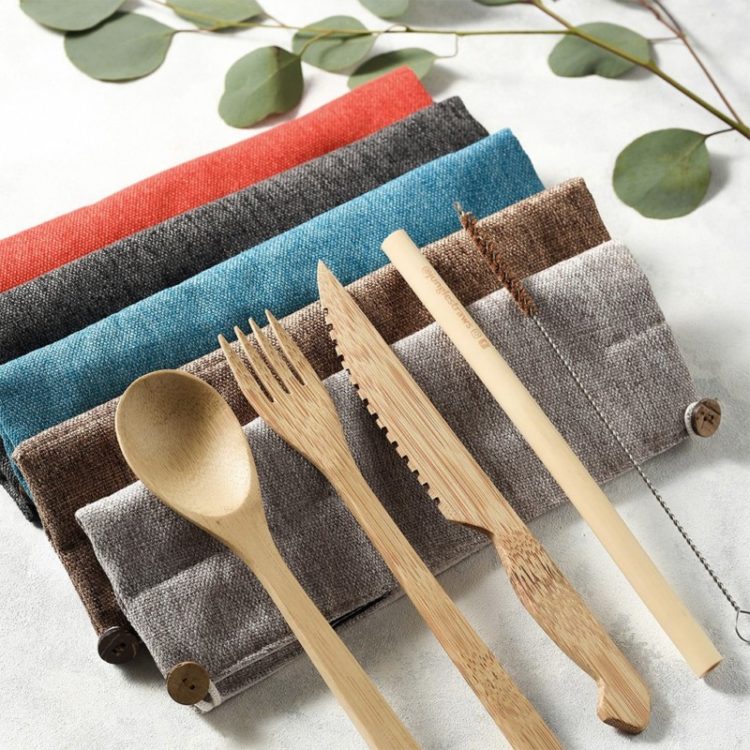
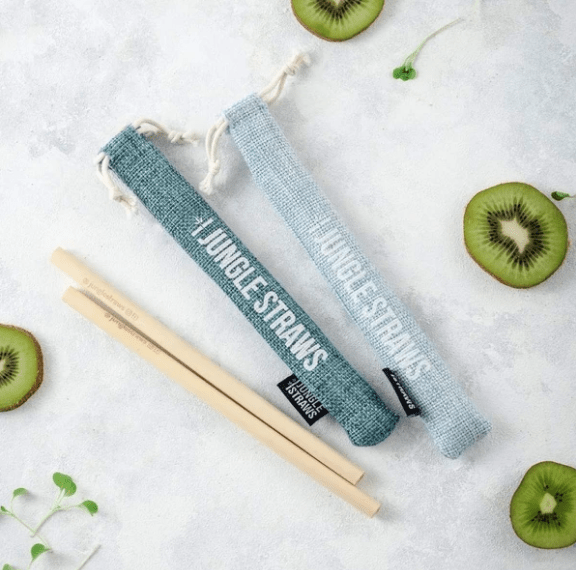
A Collapsible Bowl
When it comes to eating takeaway on the road often we may have our own utensils but still find ourselves eating out of a plastic container.
One way to get around that one is to travel with a collapsible bowl like one of these that you can wash it out and then flatten it before putting back in your bag.
Read: How to tell if your hotel room is clean
While most searches for collapsible bowls will show results for dogs, more humans are starting to use them too so they’re joining in the eco friendly gifts love. And hey, if the dog’s one looks better and is food safe, we won’t tell anyone.
An eco-friendly jacket
I love seeing the shift towards more clothing using recycled materials and ethical suppliers including some deliciously warm jackets to take on cold adventures.
Thanks to Kathmandu, I recently added their new Heli R jacket to my travel buddies list and on our first outings have found it incredibly light and so soft and warm too.
The Heli R is made almost entirely out of recycled materials with the shell, lining, zip, plastic components and labels all having lived another life before. The 600 fill power duck down is Responsible Down Certified, which means it comes from the most ethical suppliers available, and it’s traceable too. The jackets come with QR codes that you can scan to learn more about where they came from, as well as where you can have them repaired and other tips.
At only 220g it’s 25% lighter than its predecessor which doesn’t only feel good, it helps lighten your load when packing too. There are a few different styles and colours to choose from including the Lolly / Night Misty Mountains Print one I went for below, that’s inspired by the landscape on New Zealand’s South Island.
For the cold water swim lover in your life, and those who just like to stay toasty and warm on winter camping trips and outings, Red Paddle Co’s Pro Change Robe Evos are like a warm blanket with the protection of a waterproof and breathable shell.
The robes are made with a 100% recycled outer shell, and a super soft recycled inner fur-fleece style layer that is moisture wicking and works like a big old towel when you put it on wet skin.
As soon as I put mine on I felt like I was getting a big warm hug, and I love the way they have five pockets including internal ones where you can keep your devices warm so their batteries last longer (a little tip I picked up in Antarctica).
These jackets are really big but you can also buy compression stash bags that have been designed for the Pro Change robes with compression straps and an air dump valve to make them easier to store and travel with.
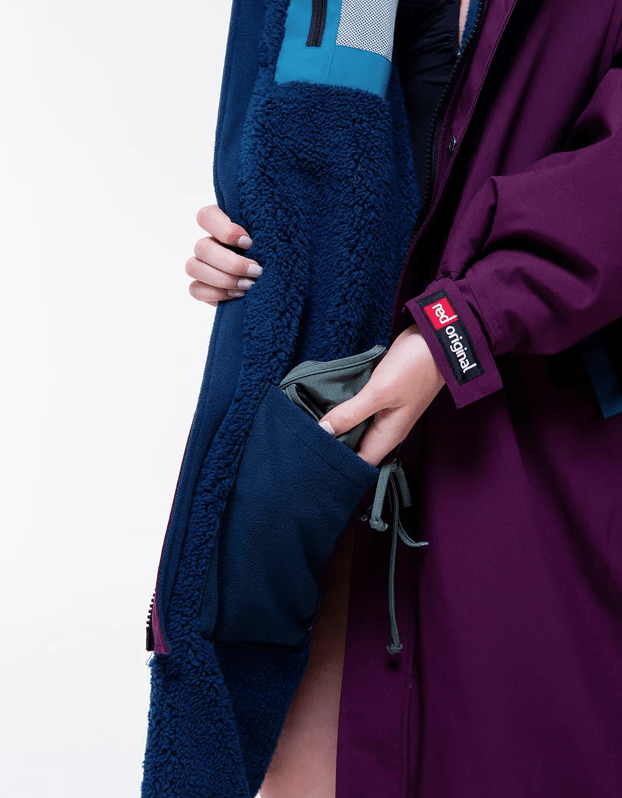
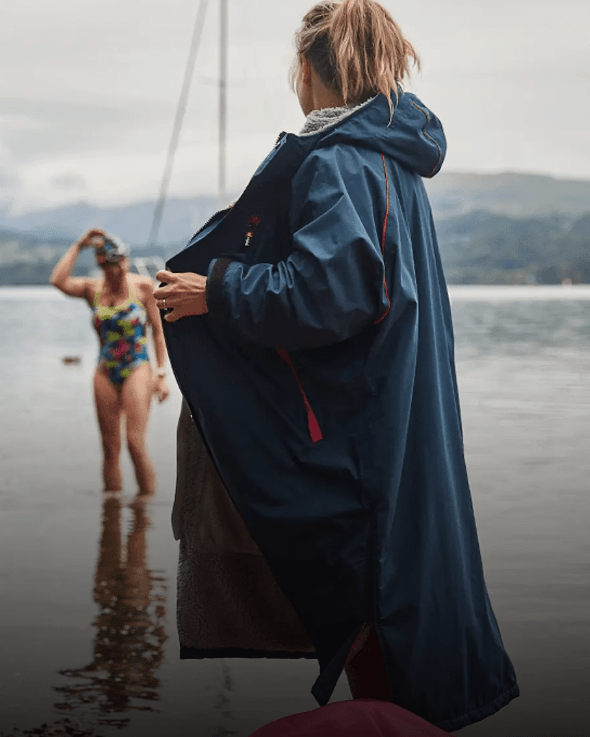
The Scrubba
An Aussie invention, the Scrubba wash bag came about when Ash Newland was off to climb Mt Kilimanjaro with a friend and wondered how they were going to wash their clothes. Ash got to thinking about whether they could create a waterproof sealable bag with a washboard inside, and decided the answer was yes.
After seeing just how well his new invention worked when they tried it on the trip, Ash ended up quitting his job as a patent attorney and focusing on getting the Scrubba out into the world. And after it got a huge response with pre-orders on IndieGoGo the Scrubba was well and truly on its way.
While it was originally created with back packers in mind, my Scrubba washbag is more likely to be found getting to work in hotel bathrooms. Sure, a bit of soap in the bathroom sink can work, but not as well as this baby.
It’s also worth keeping in mind that hotels usually do separate loads of laundry for every guest, so unless you have a full load for them to do The Scrubba is a greener, as well as more frugal, way to go.
Go Lightly by Nina Karnikowski
When travel writer Nina Karnikowski was offered a once-in-a-lifetime trip around Africa on a private jet she did what few would do. She told her editor that she was going to pass on the chance to spend 19 days visiting gorillas in Rwanda, exploring Ethiopia’s ancient rock-art churches and a whole lot more and instead emailed her publisher with the idea for this book.
Go Lightly, How to travel without hurting the planet, is full of tips to inspire readers to explore our beautiful planet as lightly as possible. As well as sharing how to choose the least impactful ways to travel Nina shares tips on how to protect wildlife and bring more mindful practices into your daily travel life.
Go Lightly features interviews with Conscious Travel Heroes including conservationist and filmmaker Céline Cousteau and photographer Jimmy Nelson, and is illustrated by Vietnamese illustrator Xuan Loc Xuan.
You can help support local book shops by picking up a copy in person (if they don’t already have it on the shelves just ask and they’ll be able to order it in), or if you’d like to buy one right now you can find Go Lightly on Booktopia here.
AllTrails Pro
For the hiker, mountain biker, rock climber, snowshoer, or city roamer in your life, an AllTrails Pro subscription is the gift of a whole lot of trails and tracks to explore around the world.
AllTrails has more than 200,000 trails and walks to do, with around 9,500 in Australia alone, including wild walks, national parks, and city walks with reviews and photos from other hikers and campers who came before you.
While the free version of AllTrails has all of the maps to get you going, the Pro version has some great extra features including map overlays with live weather, air quality, light pollution and pollen data.
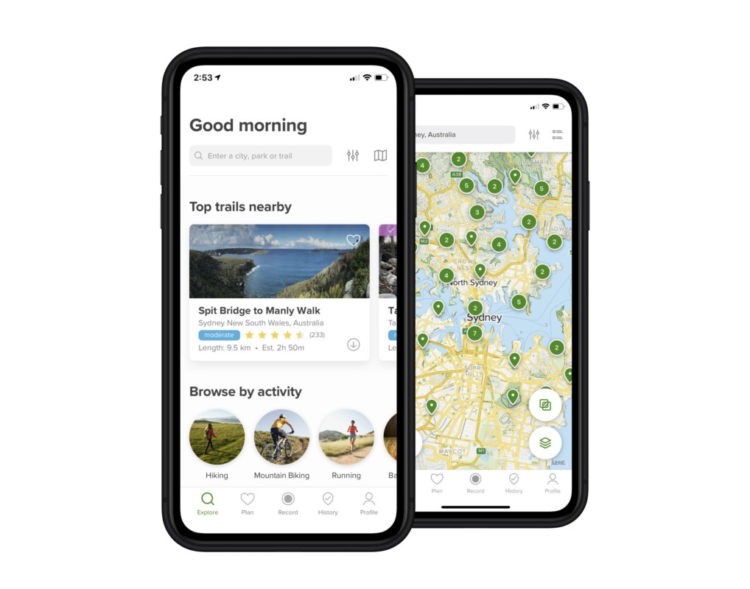
When you go Pro you also have access to offline maps so you can use GPS to navigate even when you can’t get any phone service. The Pro version also has a great safety feature called Lifeline, which allows you to share the details of your trail with friends and family. If you don’t finish your trail by your scheduled end time Lifeline will send an alert to your safety contacts along with your last known coordinates.
A travel water purifier
I’m a big fan of drinking tap water whenever I can on my travels, but unfortunately there are some places where I worry about hidden nasties that could potentially ruin the trip.
Whether you don’t trust the water that’s coming out of the tap in your hotel or want to go hiking and drink water from a lake, there are ways to filter out the bad guys.
Read: Glamping South Australia, luxury tents, helicopters and swags
When used correctly portable UV filters like a Steripen can kill 99.99% of bacteria and viruses, or you can buy water bottles like Grayl that have built in purifiers.
Before you start firing up the filters find out if the tap water is a worry in the first place. In some places the water being sold in those plastic bottles is exactly the same as the stuff coming out of the tap, so you can save the filters for when you actually need them.
Go Green with BYO Toiletries
If you spend a lot of time in hotels you may have noticed a welcome change in the bathroom. Those tiny bottles of shampoo, conditioner and shower gel are on the way out, and refillable dispensers are on the way in.
As I explained in a story I wrote for The Points Guy two of the world’s biggest hotel groups, InterContinental Hotels (IHG) and Marriott International have announced they’ll completely phase out single use toiletry bottles.
Read: Travel gift ideas for every budget
Sadly single use bottles are rarely recycled and so end up in landfill, and considering Marriott’s new program alone will save around 500 million single used bottles a year that’s awesome news.
That said it’s going to take a while before every hotel makes the switch, and until that happens we can do our bit to reduce waste by filling up travel size containers from larger, recyclable plastic shampoo and conditioner at home.
You can get plain, clear ones, or opt for cute and colourful sets of refillable and carry on size approved containers.
Before wrapping it up and giving it to your friend, you can also fill up the bottles with a product you love to get them off to a good start.
Get in an eco friendly lather
Another way to reduce the amount of plastic you use, as well as lighten the load in your suitcase, is to carry solid shampoo and conditioner bars rather than travel with liquids.
You can also find loads of shampoo and conditioner bars on the Biome Store including Tasmania Real Beer and Honey shampoo bars by Beauty and the Bees and a Lilly Pilly solid shampoo by Dindi Naturals in a little travel container.
And speaking of travel containers, a little thing that sends me crazy in hotels is when people open a bar of soap, use it for the one night they’re there, and then leave it to be thrown away.
Read: Glamping Yorkshire style in luxury tents, yurts and domes
Some hotels do try to recycle them, but most don’t so it’s such a waste. And sometimes the products that are being so casually discarded are really lovely too.
In the past I’ve used a plastic zip lock bag to put the soap in so it can travel around the world with me, being used until it’s on it’s very last, slinky legs. At one point I started keeping track of how many soaps I’d saved by recycling a single bar but when it got into the dozens and that hunk of soap was still going strong I stopped counting.
To make the whole travelling with soap thing a whole lot cuter, you can get waterproof cotton soap saving eco bags, including these ones that are handmade in Italy and come with a slice of olive oil Mediterranean soap to get you started. Because the bags allow the soap to breathe you can pop it in while it’s still wet and enjoy a sweet smelling suitcase as a little side bonus.
Eco friendly bags
When it’s time for your friend to upgrade their luggage there are some great sustainable options to be found.
Horizn Studios Circle One bags have a 100% plant based and fully biodegradable shell, created out of a multi density flax-fibre weave that’s lighter and stronger aluminium. Other materials include fully recycled fabrics and zippers.
Their Circle One bags are at the higher end of the scale price point wise at around US$1,000 a bag but if you’re looking to invest in a great sustainable bag they’re a top pick. They also have ranges that are less than half that price that include partially recycled shells and some other sustainable touches. Ad they offer a Next Generation Discount of 30% off for people under 30 years of age.
For more affordable sustainable cases, Samsonite’s Eco Nu (also known as Eco Glide) cases are made out of 100% post consumer recycled plastic bottles.
All of the fabric, right down to the lining, is made from water bottles, and I must admit I’m surprised how few bottles it takes to make a suitcase.
Read: Romantic gifts for your lover on Etsy
According to Samsonite an underseater case is made up of 24 recycled plastic bottles, while it takes 26 to make a carry-on, 43 to make a medium suitcase and 58 recycled plastic bottles to create a large Samsonite case. Which is pretty awesome.
For a Good Cause
And while it’s not technically in the travel zone, you might also like to consider making a donation in your friend’s name, or in the case of Kiva, setting up a small loan for them.
More than 1.7 billion people around the world don’t have access to a bank, and so have no way of taking out a loan to help with their home, their education, their health or to start a business. Kiva is an international non-profit that crowdfunds loans starting at just $25.
Read: Byron Bay retreat goals – 11 of the best getaways
If you give someone a Kiva Gift Card they can look through the website and loan the money to someone who inspires them. Then when the loan is paid back they can either take the money out or better yet, keep it in the system and loan it to someone else.
Or you can also make a donation in your friend’s name to I Fund Women, a site dedicated to helping women’s businesses get off the ground. Some businesses even include a little gift from them to their donors so you can then give it to your friend when you share the news.
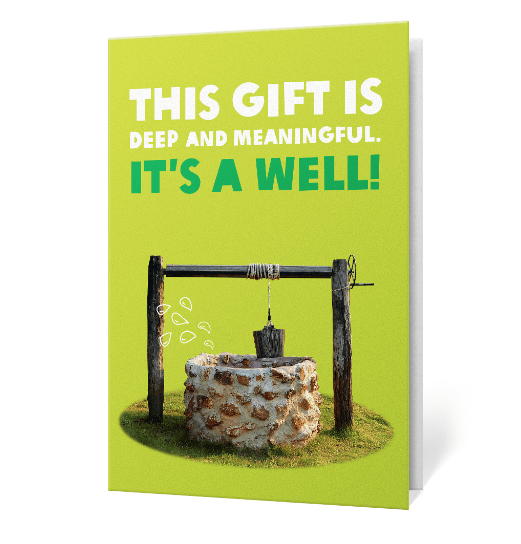
There are lots of other great charities out there that let you buy eco friendly gifts for a village, like a well through Oxfam Unwrapped or the training and tools for beekeepers through World Vision’s gift catalogue.
With so many incredible organisations out there doing their bit to help the planet it’s easy to find something special for that person (and planet) you love.
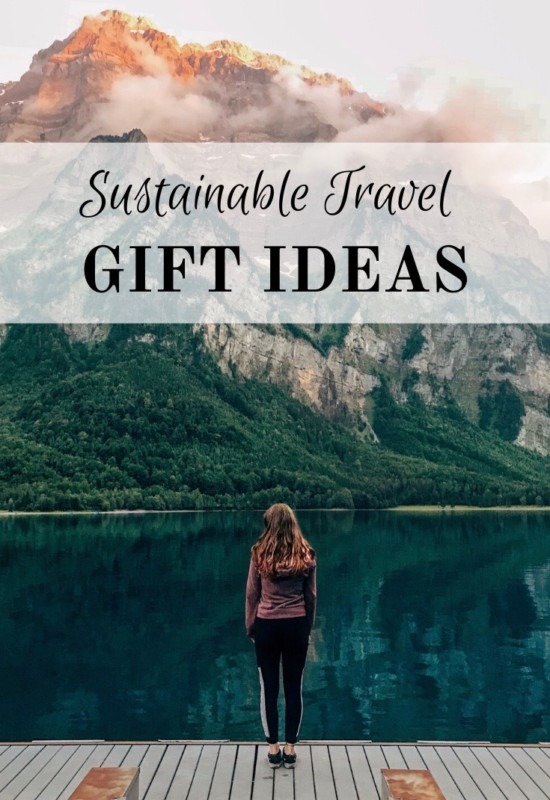
If you liked this story and would like to share it on Pinterest, here’s a pin we prepared earlier, with thanks to Kilian M for the beautiful image.

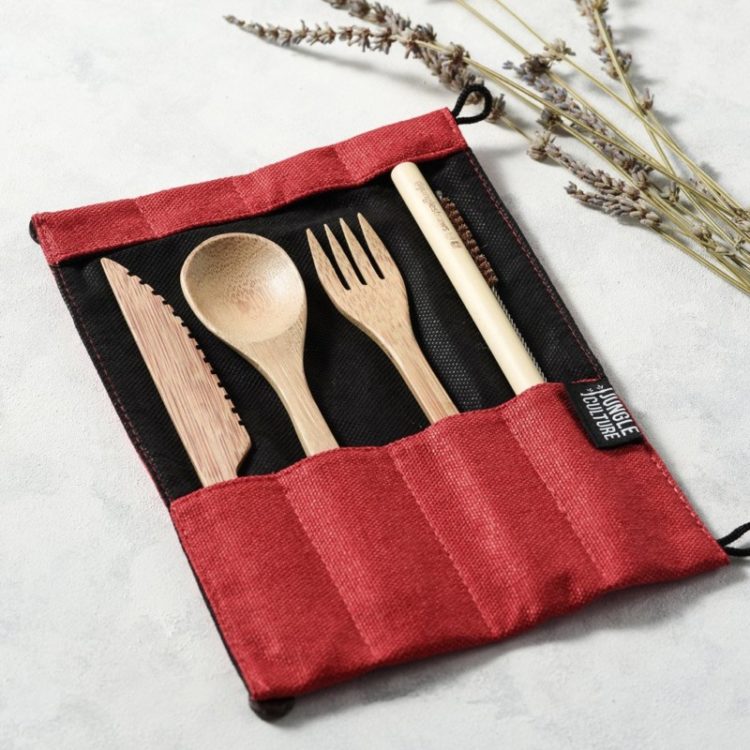
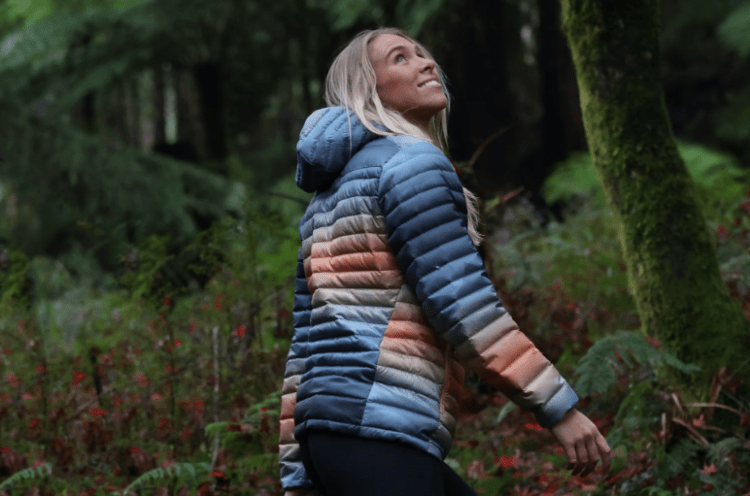
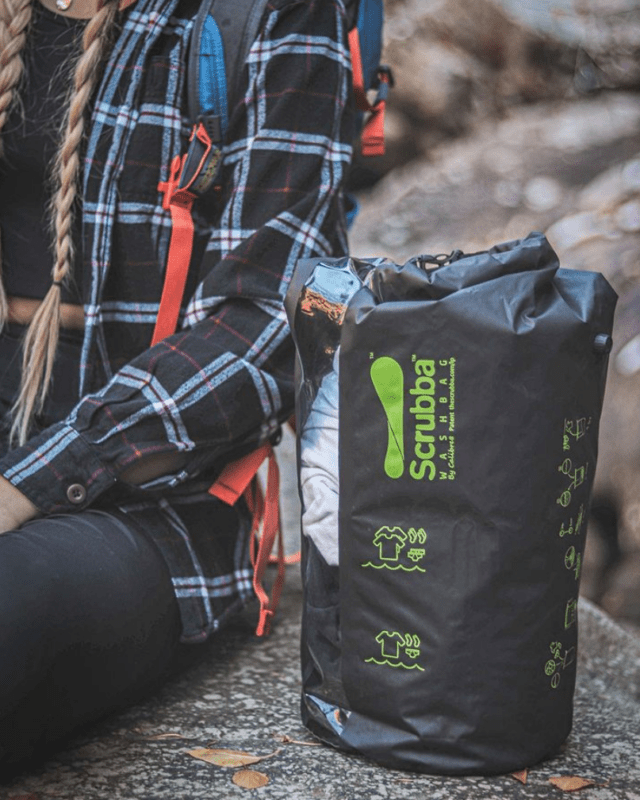
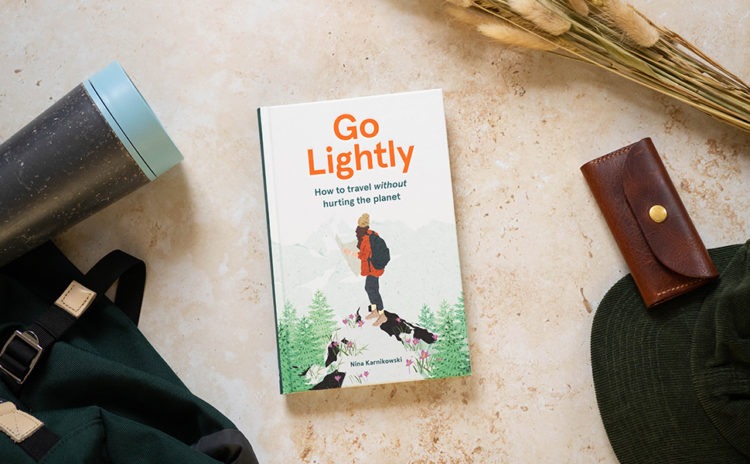
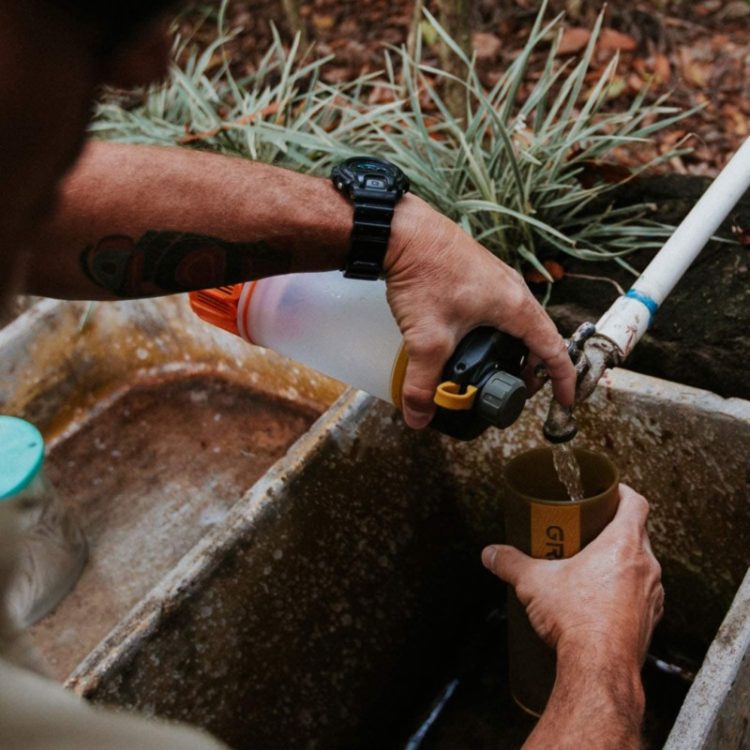
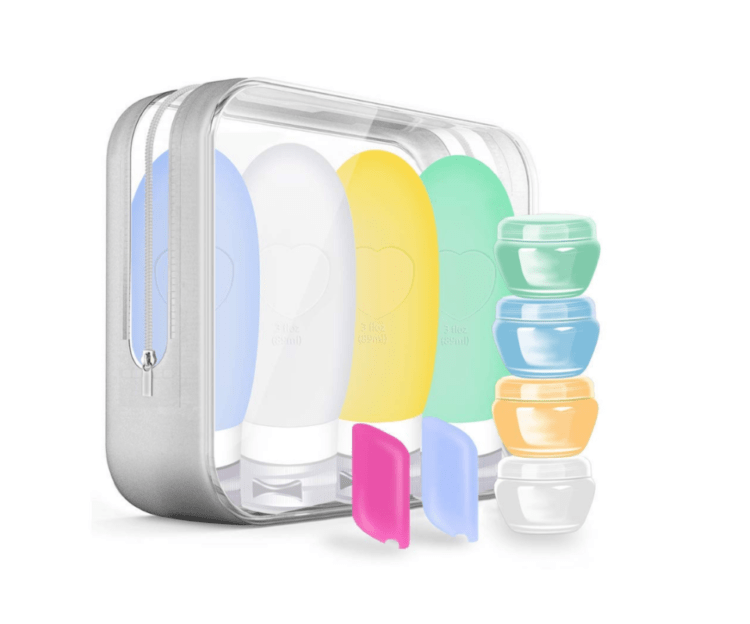
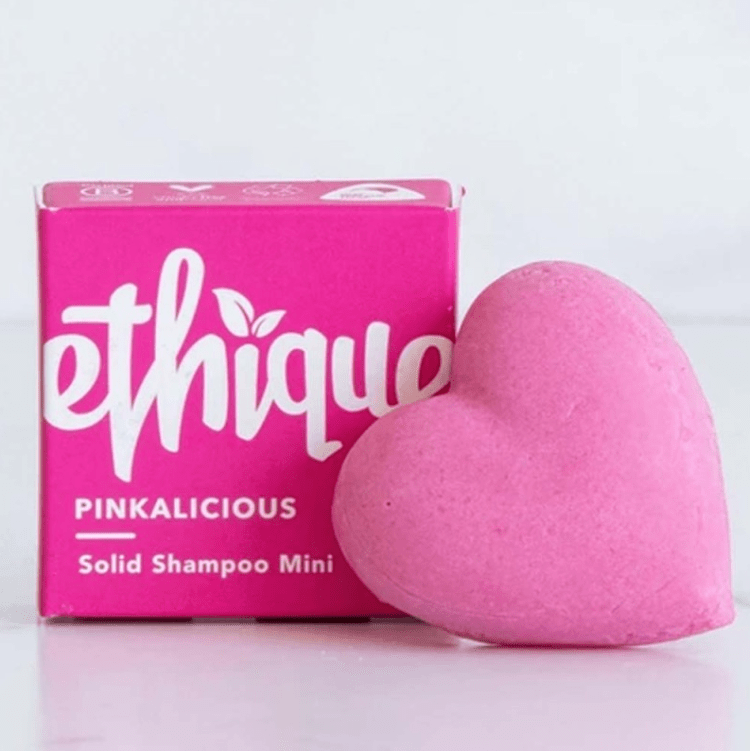
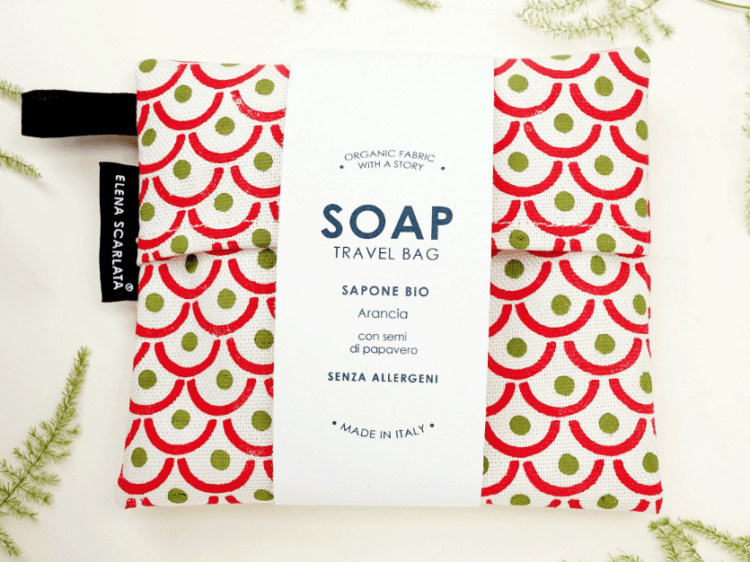
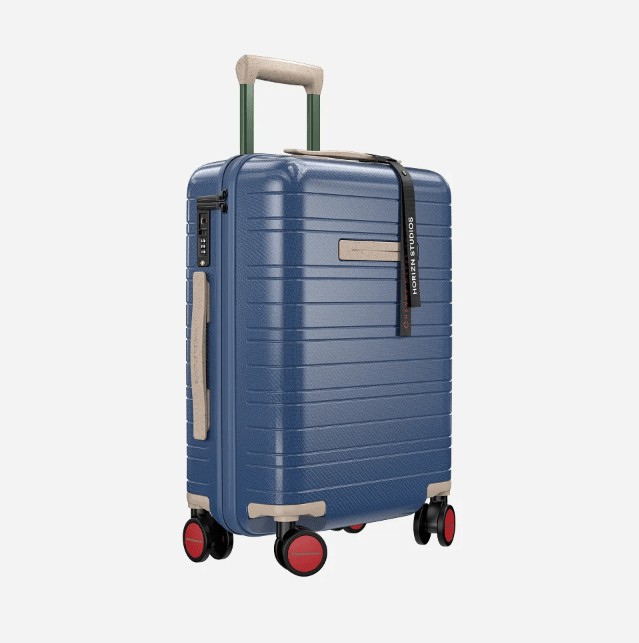


Leave a Comment